Siege of Baler: A Story of Spanish Soldiers Who Just Wouldn’t Quit
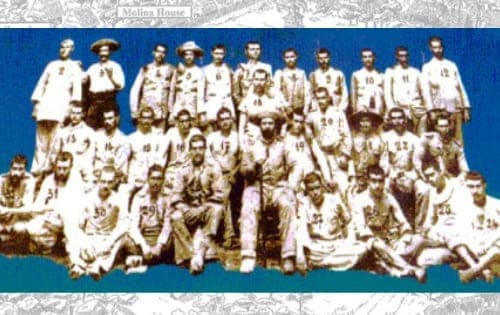
As one of the most significant and tumultuous periods in our history, the Philippine Revolution against Spain contains lots of memorable battles fought on Filipino soil. The Siege of Baler was one such epic conflict.
Fought from July 1, 1898, to June 2, 1899, the battle is one of the longest sieges in Philippine history and pitted hundreds of Filipino troops against a vastly outnumbered 50-man Spanish detachment that was forced to hole itself up inside the town’s church since it was the only stone structure in the area.
Also Read: The WWII Japanese Soldier Who Hid in Philippine Jungle For 29 Years
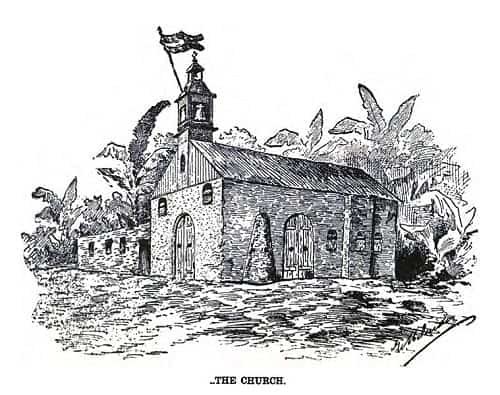
Although many of their comrades succumbed to disease and injuries as the siege prolonged, the Spanish managed to hold their own against countless Filipino attempts to dislodge them.
When force failed, the revolutionaries resorted to psychological warfare to compel the Spanish to surrender. According to Spanish commanding officer Martin Cerezo, the revolutionaries would hold fiestas outside the church and even reportedly had a couple perform sex acts in front of the beleaguered Spaniards to entice them to come out.
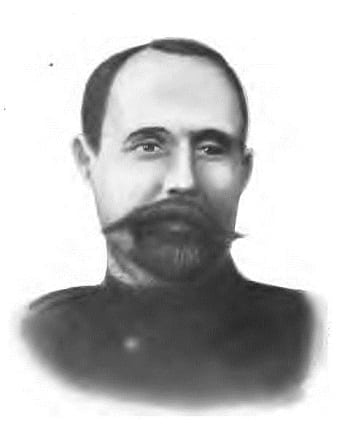
Apart from the psy-war, the revolutionaries also sent several letters, newspaper clippings, and emissaries to convey to the holdouts that the Spanish-American War (the Americans were still allied with the Filipinos up to this point) was over and that Spain was leaving the Philippines. Unfortunately, the detachment—which had no means of communication with the outside world—rejected the overtures as enemy ploys.
Related Article: 7 Myths About Spanish Colonial Period Filipinos Should All Stop Believing
When the Philippine-American war broke out, an American reconnaissance force of 15 men tried to rescue the trapped Spanish but was defeated and captured by the revolutionaries.
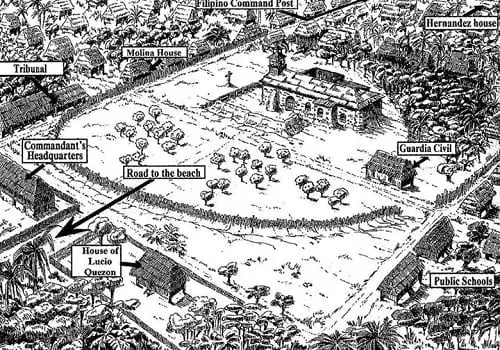
Cerezo’s resolve to not surrender finally changed following the arrival of a Spanish officer named Lt. Col. Cristobal Aguilar who brought along some newspapers and informed them that Spain’s war with America was over and that they were to be repatriated back to Spain.
Initially disbelieving Aguilar’s words and dismissing the newspapers as forgeries, Cerezo was convinced to wave the white flag when he re-read an article and saw a post by his best friend saying he wished to be re-assigned to the Spanish city of Malaga since the war was over anyway—a plan only he had been privy to.
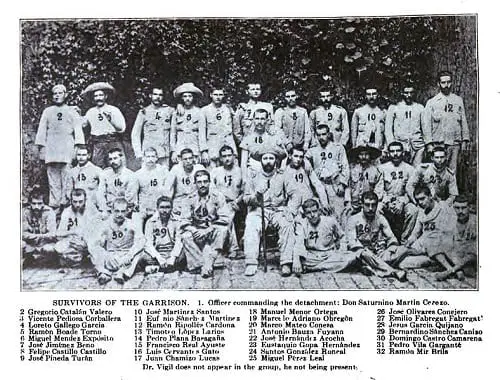
Only 33 Spanish—including Cerezo—managed to make it out alive of the siege following their surrender. However, so impressed was Emilio Aguinaldo at their courage that he likened them to El Cid and Pelayo of Asturias and ordered them to be well-treated. Upon their return to Spain, they were also feted with honors and accolades.
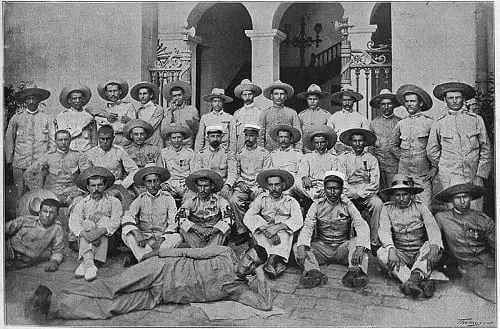
While the Siege of Baler goes largely unmentioned in modern times, proof of its significance lies in the fact that the US Military Academy—better known as West Point—is said to have included the battle in its survival manual for cadets.
References
Dyal, D., Carpenter, B., & Thomas, M. (1996). Historical Dictionary of the Spanish American War. Greenwood Publishing Group.
Tucker, S. (2009). The Encyclopedia of the Spanish-American and Philippine-American Wars: A Political, Social, and Military History, Volume 1. ABC-CLIO.
Ubac, M. (2013). Siege of Baler rekindles PH-Spain ties. Inquirer.net. Retrieved 30 September 2015, from http://goo.gl/zZOmsD
FilipiKnow
FilipiKnow strives to ensure each article published on this website is as accurate and reliable as possible. We invite you, our reader, to take part in our mission to provide free, high-quality information for every Juan. If you think this article needs improvement, or if you have suggestions on how we can better achieve our goals, let us know by sending a message to admin at filipiknow dot net
Copyright Notice
All materials contained on this site are protected by the Republic of the Philippines copyright law and may not be reproduced, distributed, transmitted, displayed, published, or broadcast without the prior written permission of filipiknow.net or in the case of third party materials, the owner of that content. You may not alter or remove any trademark, copyright, or other notice from copies of the content. Be warned that we have already reported and helped terminate several websites and YouTube channels for blatantly stealing our content. If you wish to use filipiknow.net content for commercial purposes, such as for content syndication, etc., please contact us at legal(at)filipiknow(dot)net
